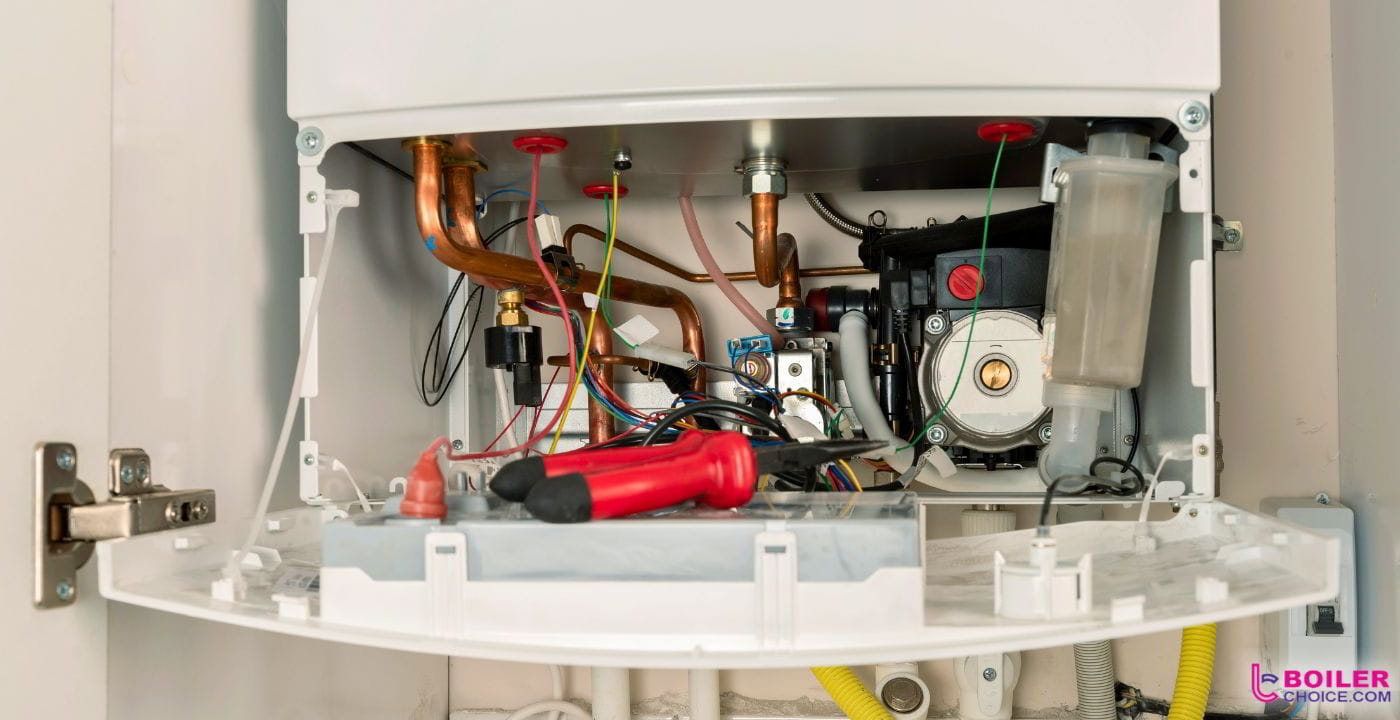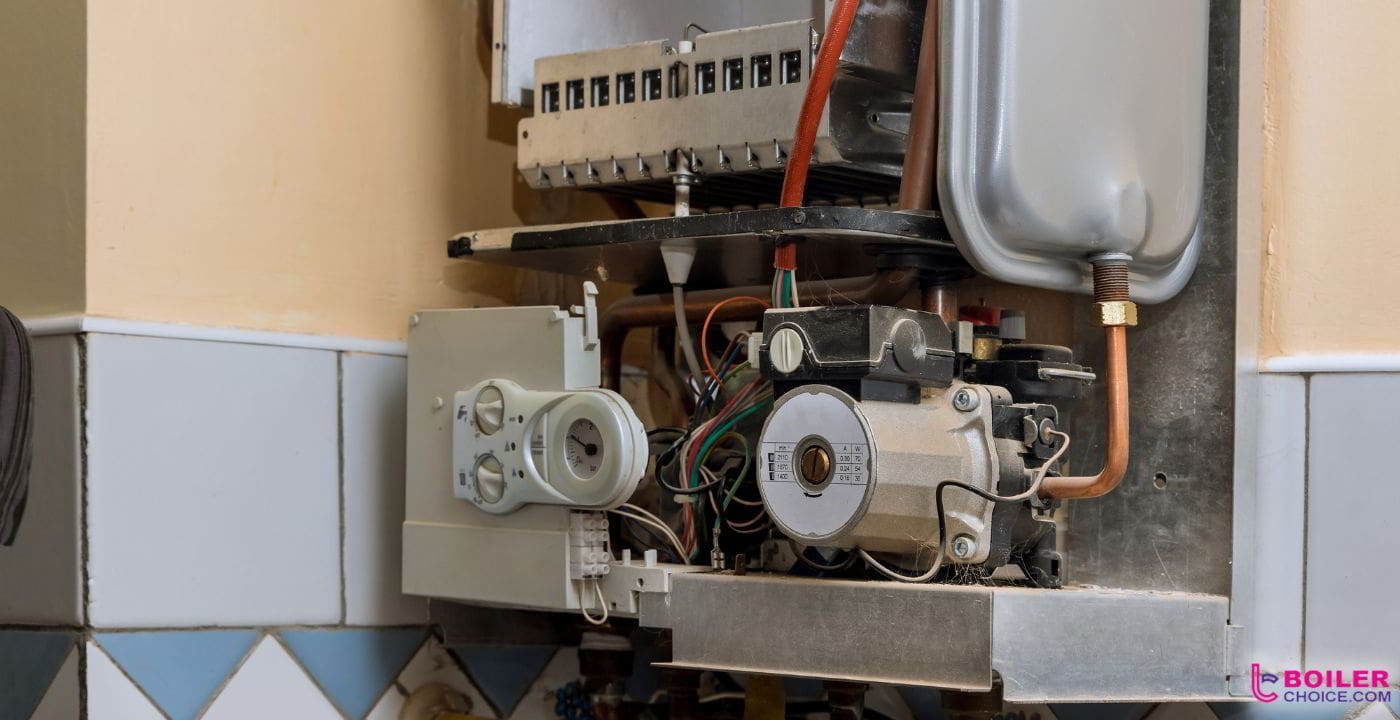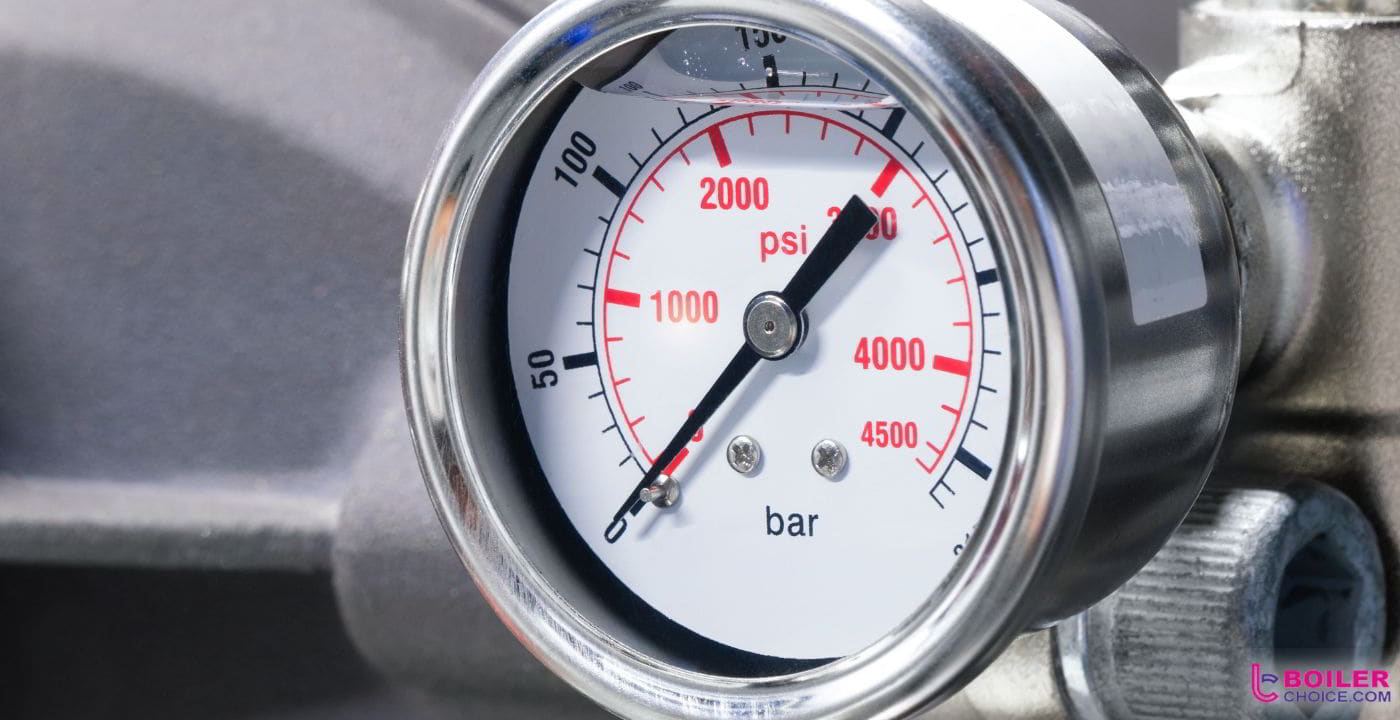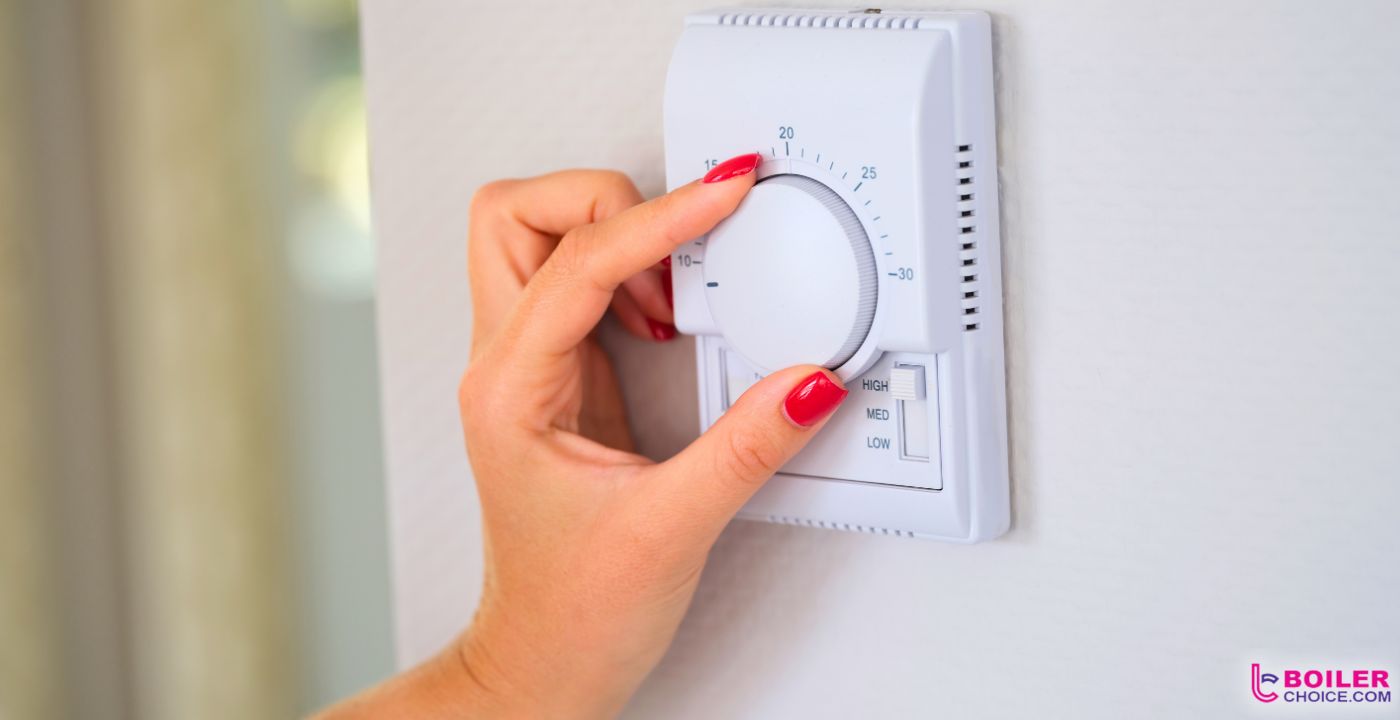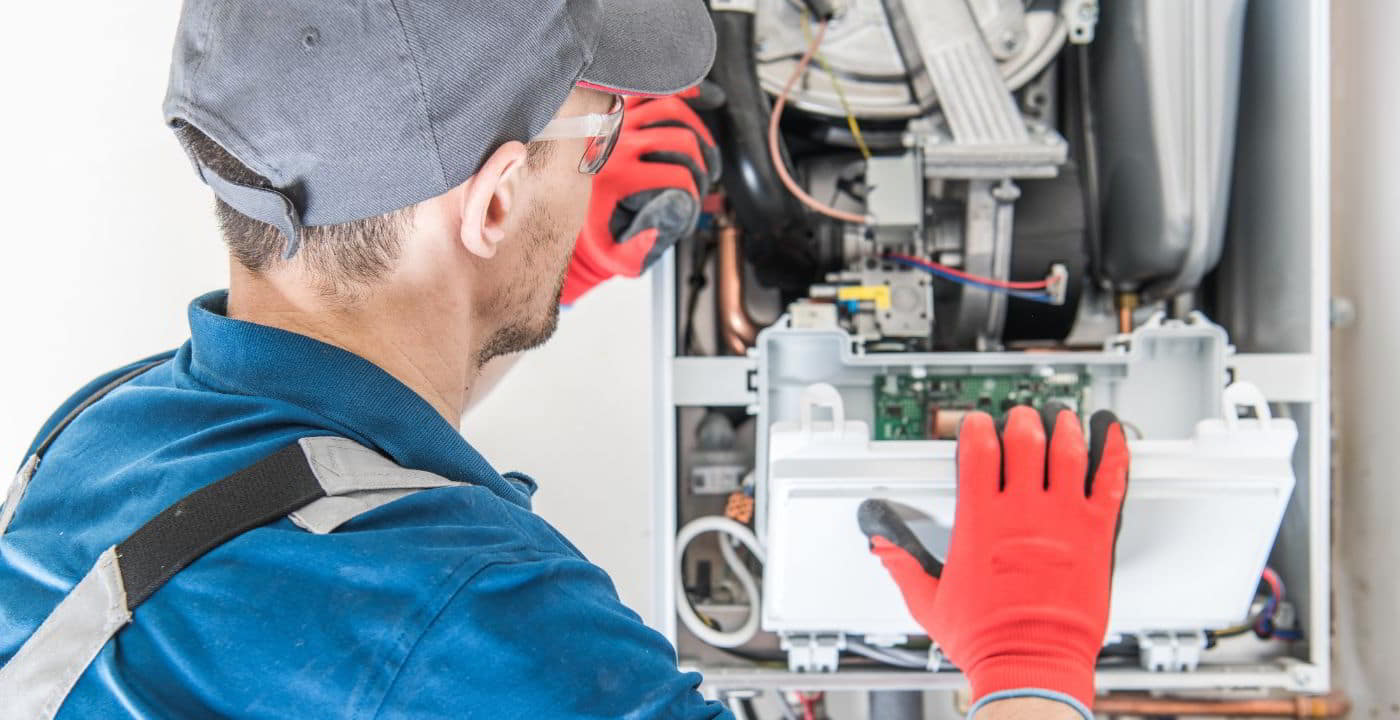
Key Takeaways
- A new central heating system will normally cost £2000-£5000 for small to mid-sized properties, rising to £8000 for properties with 5 or more bedrooms.
- Smaller 1-2 bedroom properties will need 3-6 radiators on average, those with 3 bedrooms roughly 9 radiators, and 5+ bedroom houses usually require 11-13 radiators.
- Expect to pay £3,500-£4,500 for a new boiler and £330-£400 per radiator (including installation and labour).
Despite government plans to prohibit the use of gas boilers, you can still install gas central heating systems until at least 2025 in both existing and new-build properties.
How Much is a New Central Heating System?
Generally speaking, a new central heating system will cost anywhere between £3000–£6000 for a small to mid-sized home (1-2 bedroom flat, semi-detached house, bungalow etc.).
For larger properties with 5 or more bedrooms, this increases to approximately £8000.
Of course, there are a significant number of variables that can affect the final price. And in the remainder of this article, we’ll take a look at the minutia and try to cover all the important bases.
New Boiler and Central Heating System Cost - What’s Involved?
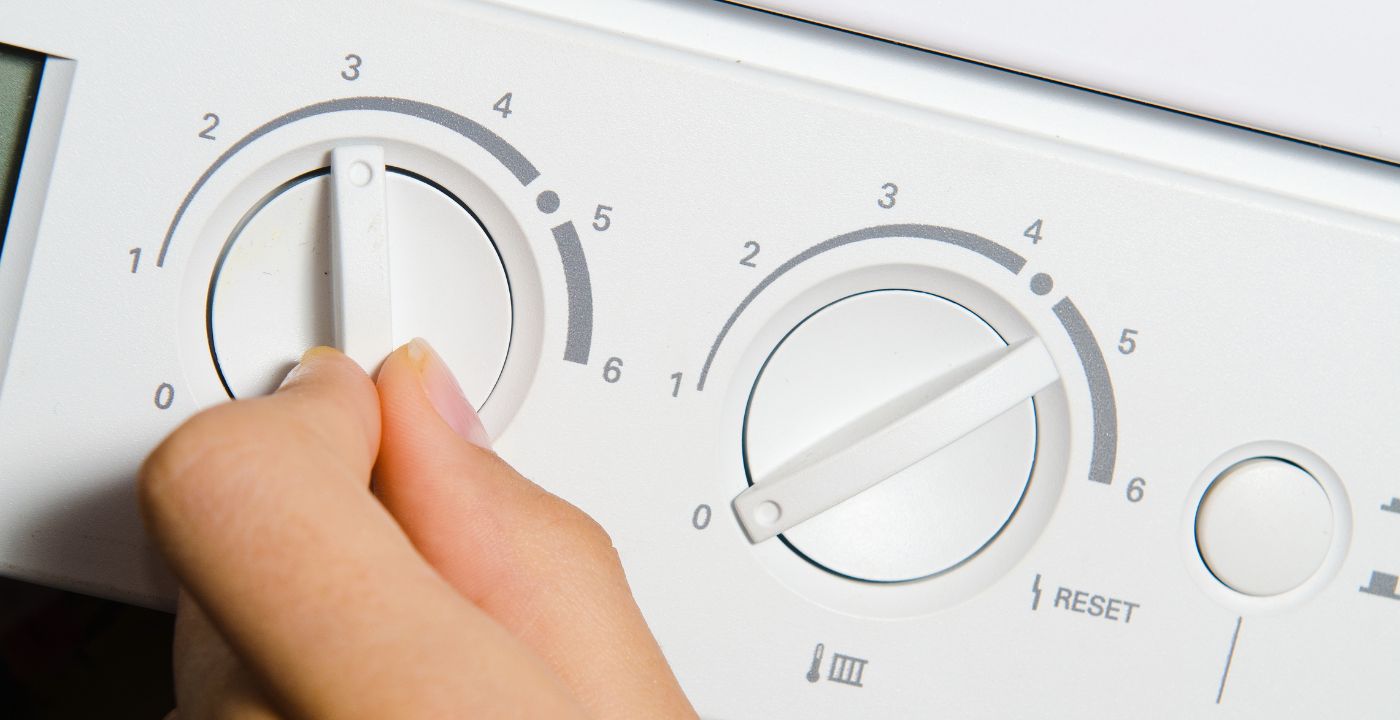
To install a new complete central heating system you are going to have to factor in certain costs that would typically include:
- The Boiler
- New Pipework
- New Radiators
- New Hot Water Tank/Cylinder
- Heating Controls
- Labour Costs
Which of these you require, and how many, or how much, will be determined by a number of variables such as what kind of boiler you plan to install, the size of the rooms in your home, and how many rooms you have.
For example, if you are installing a gas boiler you will normally be choosing between a combi boiler, a system boiler, or a conventional boiler.
A conventional boiler requires a hot water tank, which can cost between £200–£500.
Table of Costs
| PRODUCT/SERVICE | AVERAGE COST |
|---|---|
| Boiler | £700-£2,500 |
| Radiators (single radiator with installation) | £330-£400 |
| Pipework | £750-£1,100 |
| Hot Water Tank | £200-£500 |
| Hot Water Cylinder | £400-£1,500 |
| Heating Controls (Optional) | £10-£300 |
| Total | £3,100-£9,000* |
A system boiler needs a hot water cylinder, and that will set you back anything from £400–£1,500.
A combi boiler requires neither a cylinder nor a water tank. Saving you both the purchase cost and the additional expenditure to have them installed.
How Much Are New Boilers?
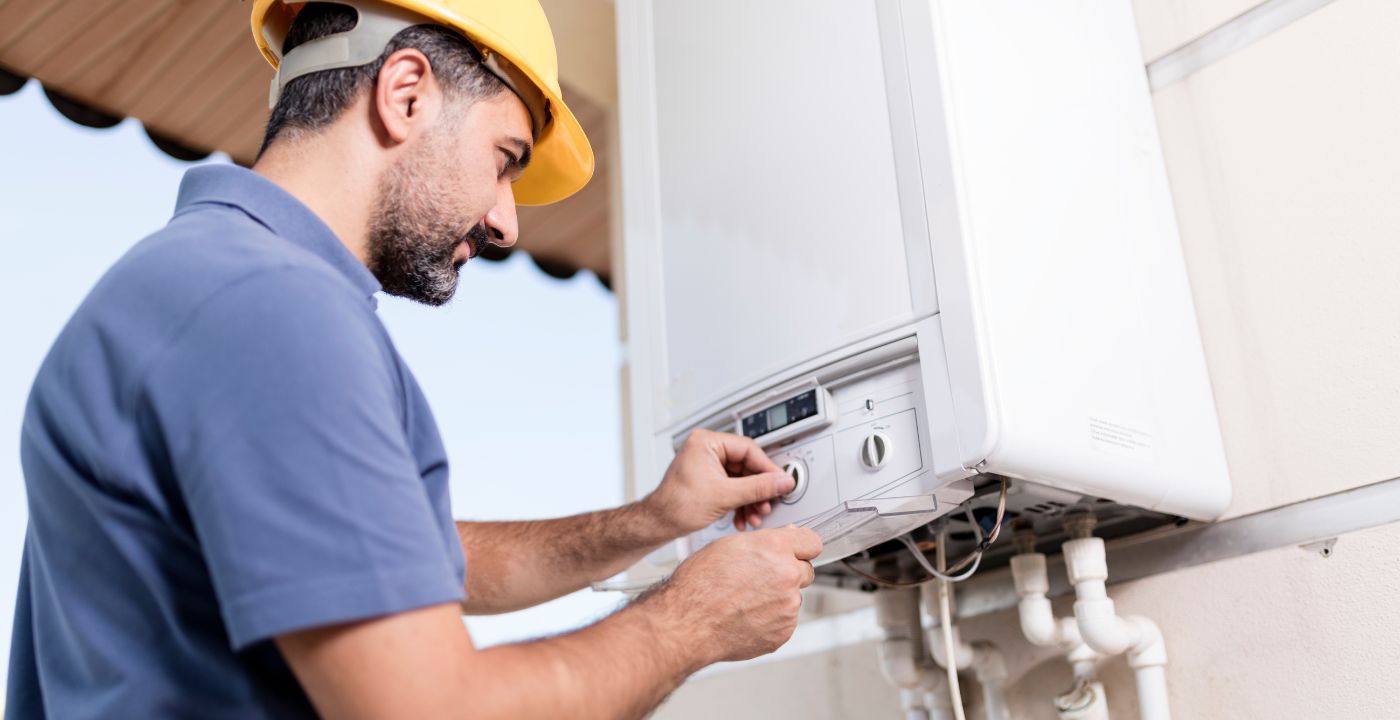
Combi Boiler
A New Combi Boiler will cost between £700 to £2,500 on average.
Combi Boiler with Installation
£1,200 to £4,000
System Boiler
A New System Boiler will cost between £800 to £2,000 on average.
System Boiler with Installation
£1,300 to £3,500
Conventional Boiler
A New Conventional Boiler will cost between £1000 to £2,500 on average.
With Installation
£1,800 to £4,500
Radiators - How Many You’ll Need and How Much They’ll Cost
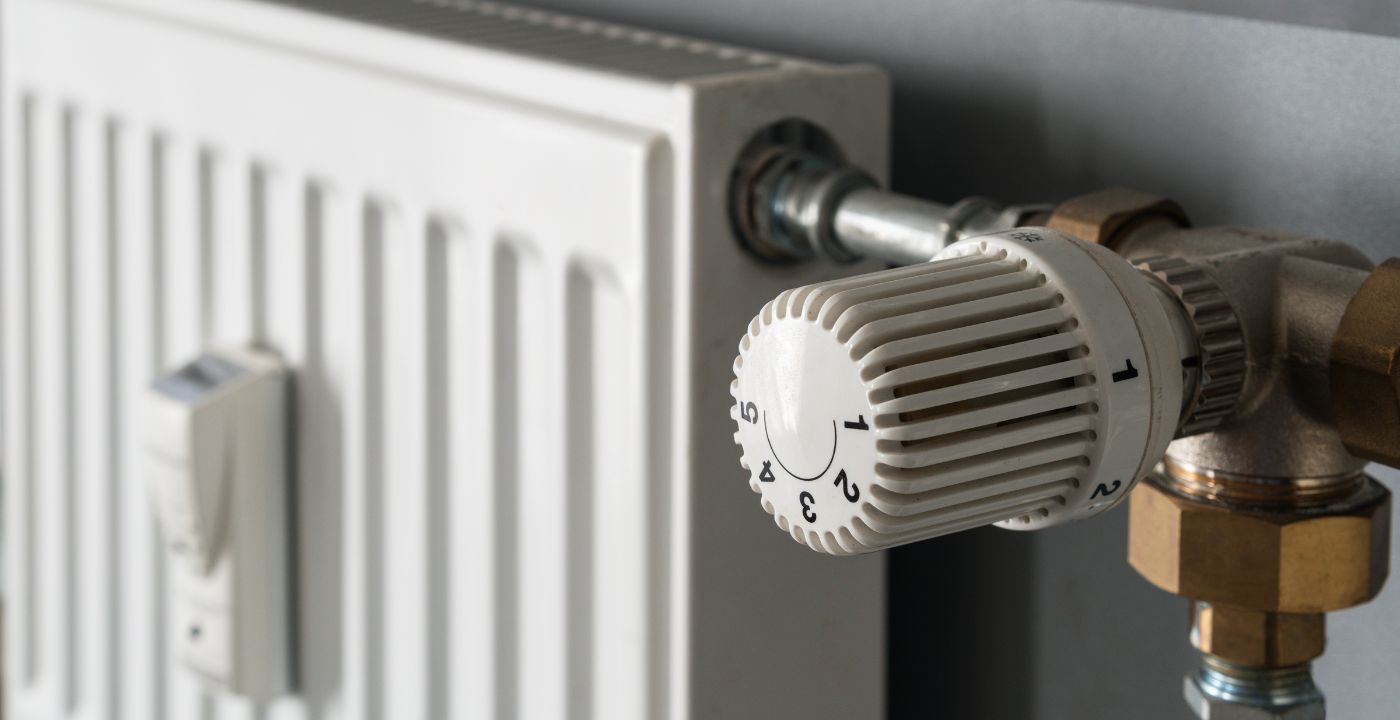
Typically, one radiator is recommended for every 5m³ of space.
To calculate the volume of your room you simply need to multiply its length, width, and height in metres.
If you’re not confident in your maths skills, numerous online BTU calculators can assist in figuring out the necessary number and size of radiators.
In the UK, a single, standard radiator typically costs between £50–£250 for the initial purchase price.
The average cost of a single radiator with installation is £330–£400.
However, do bear in mind that you can spend anywhere between £15 all the way up to £2,500 on a single radiator.
Actually, We have seen single radiators selling for as much as £14,000 while researching this article.
A 1 bedroom flat will likely require between 3-4 radiators. Total Cost = £990–£1,600.
A 3-bedroom house will typically require 9 radiators. Total Cost = £2,970–£3,600.
A 5-bedroom house will typically require 11-13 radiators. Total Cost = £3,630–£5,200.
Pipework
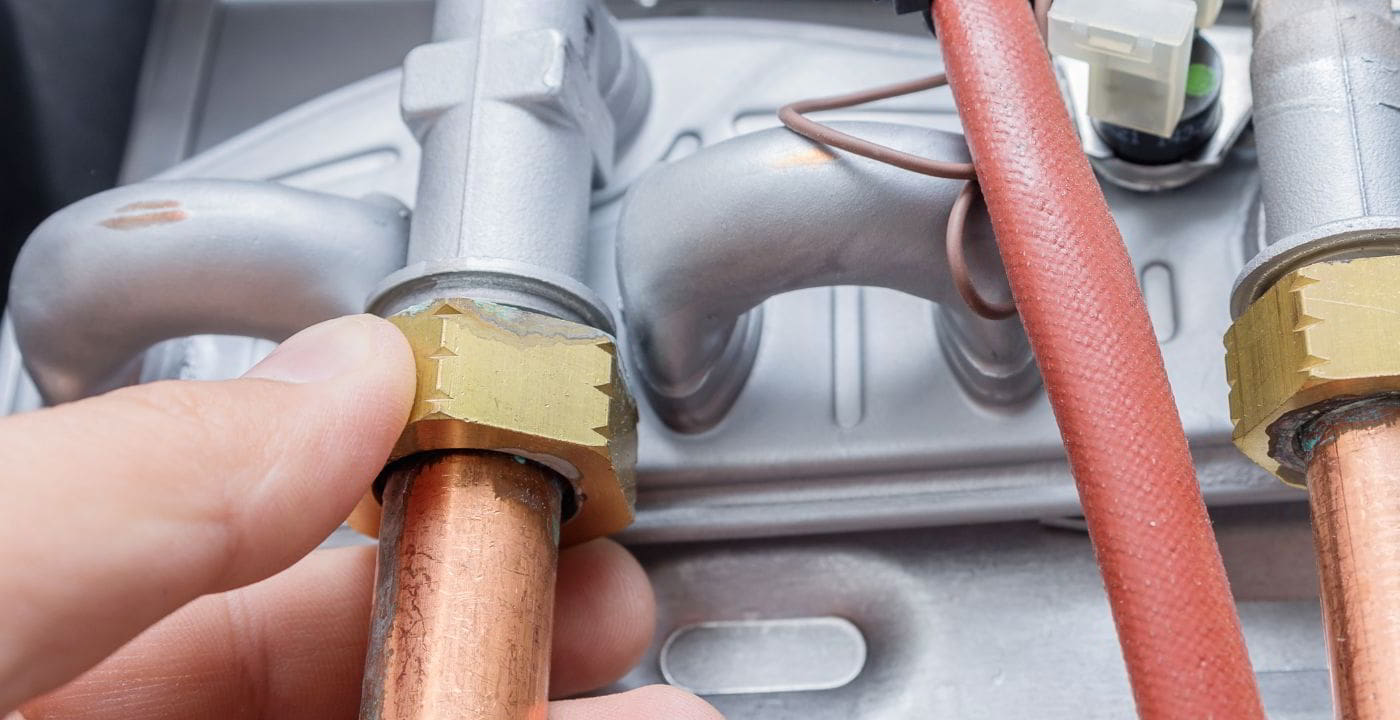
Installing new pipework is a fundamental component of setting up a new central heating system. This involves the network of pipes that carry hot water from the boiler to the radiators and back.
Here are some key points to consider:
Cost Estimate
On average, new pipework can cost roughly £750–£1,100. However, the actual cost may vary based on factors such as the size of your home, the complexity of the installation, and the materials used.
Installation Time
The installation process typically takes 3-5 days. This duration can vary depending on the scope of the work and the accessibility of the areas where the pipework needs to be installed.
Professional Installation
It’s highly recommended to hire a qualified professional for pipework installation.
Professionals ensure that the piping is done correctly, minimising the risk of leaks and ensuring optimal system performance.
Materials Used
The type of materials used for pipework can influence costs. Common materials include copper and plastic, each with its advantages. Copper is durable and corrosion-resistant, while plastic is more cost-effective but may be less durable.
Water Tank
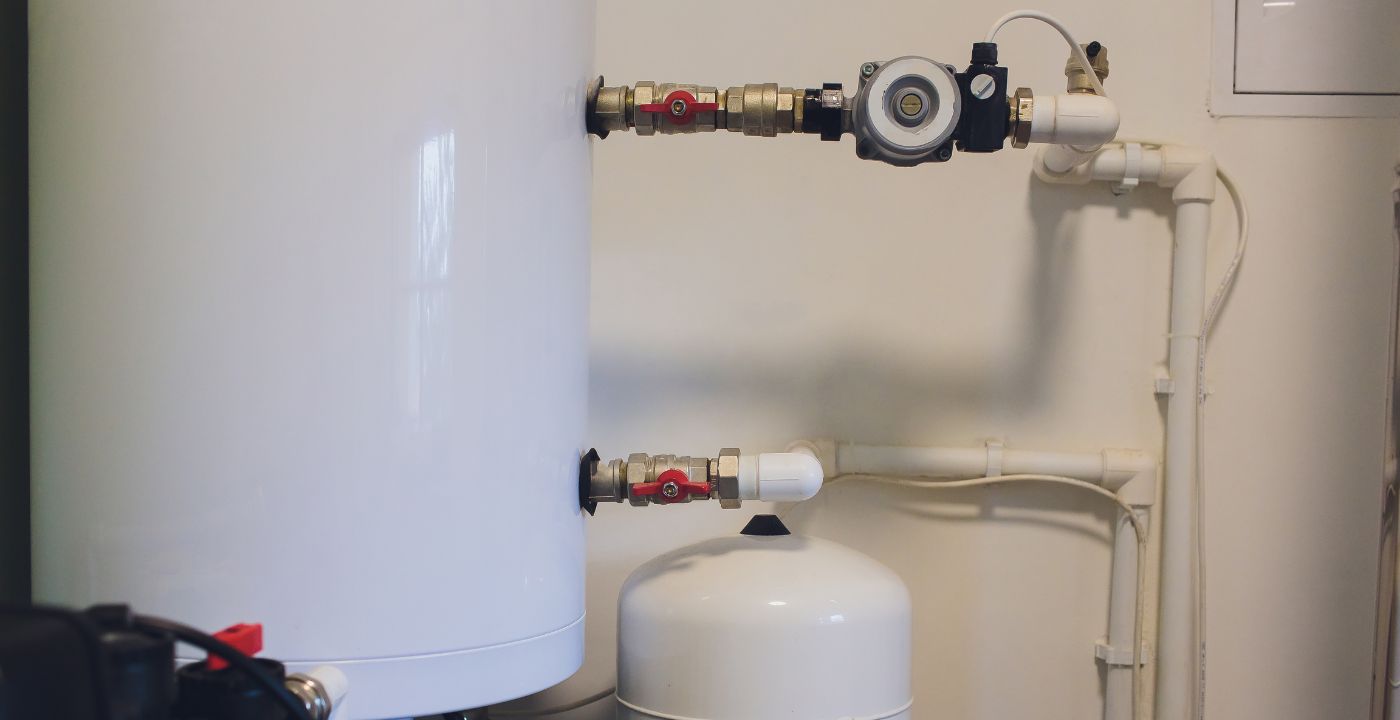
The water tank is a crucial component of traditional central heating systems, storing hot water for domestic use. Here’s what you need to know about water tanks:
Cost Estimate
A new water tank will typically cost £200–£500, including labour charges. The actual cost depends on factors such as the type and size of the tank and the complexity of the installation.
Installation Time
Installing a new water tank is a relatively quicker process, usually taking a couple of hours. This is because it involves connecting the tank to the existing pipework.
Tank Types
There are different types of water tanks, including vented and unvented systems.
Vented tanks rely on gravity to distribute hot water, while unvented tanks use a pressure system.
The choice between them depends on factors like available space and water pressure.
Central Heating Control Costs
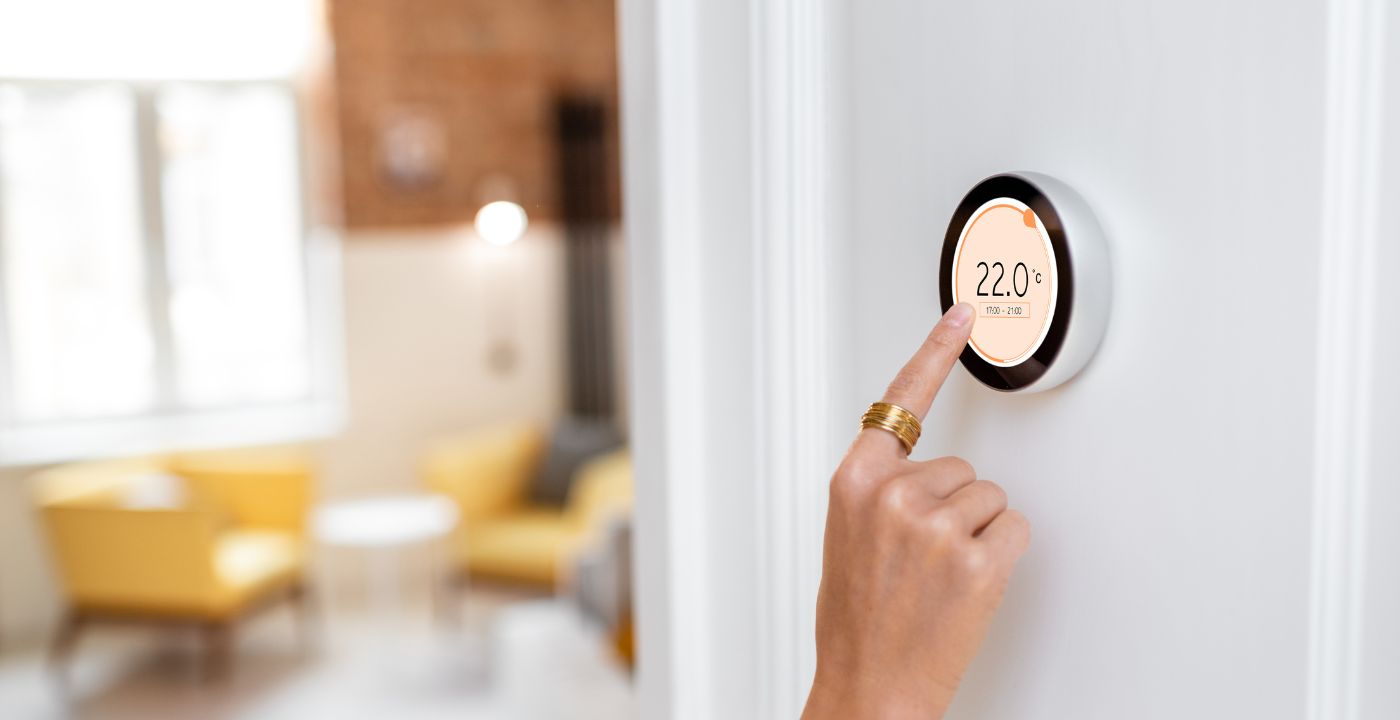
The expenses associated with controlling central heating vary depending on the type of technology employed.
While traditional manual controls are relatively more affordable, opting for smart technology, such as smart thermostats and radiator valves, comes with a higher upfront cost.
Despite the initial investment, the use of smart heating controls allows for more precise management of your central heating system, potentially leading to increased efficiency and, over time, reduced heating expenses.
Here’s a breakdown of potential costs:
- Room thermostat with dial: £10 – £40
- Digital programmable room thermostat: £35 – £70
- Smart thermostat: £70 – £250
- Wireless sensors: £20 – £35 (per sensor)
- Manual radiator valves: £5 – £35
- Thermostatic radiator valves: £5 – £120 (per valve)
- Smart radiator valves: £50 – £200+ (installation typically required alongside a smart thermostat)
Additional Labour Costs
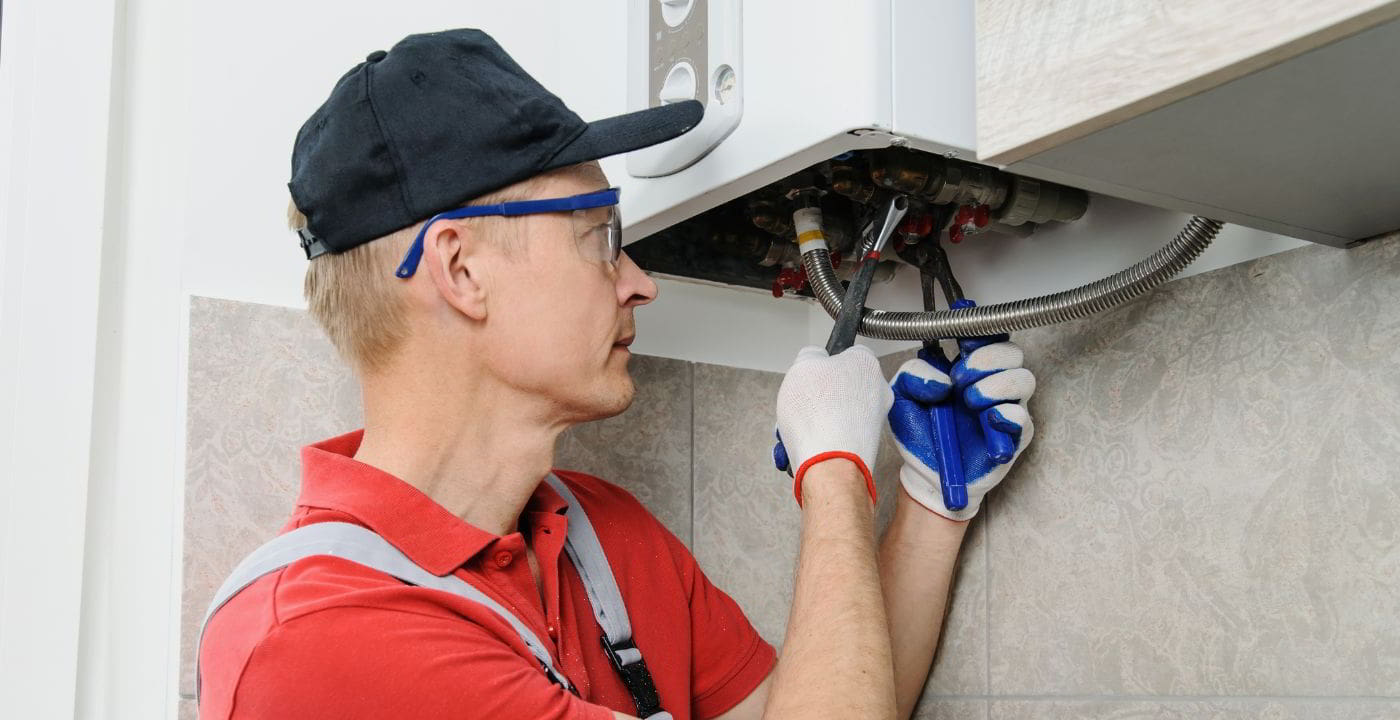
Labour is normally included in the quoted price, but sometimes additional labour can be required during more complex installations.
The average hourly rate for plumbers in the UK is £42–£65 per hour.
Frequently Asked Questions (FAQs)
What is the most cost-effective central heating system in the UK?
The most cost-effective central heating system in the UK depends on various factors such as the size of your home, energy efficiency goals, and your budget.
Generally, combi boilers are considered cost-effective as they eliminate the need for a separate hot water tank, reducing both upfront costs and energy consumption.
How can I improve the energy efficiency of my central heating system?
To enhance energy efficiency, consider investing in smart heating controls, like programmable thermostats and radiator valves.
Ensure proper insulation in your home, bleed your radiators regularly, and make sure you keep it well-maintained.
Upgrading to a modern, energy-efficient boiler can also significantly reduce energy consumption.
What are the alternative central heating systems to gas boilers, and are they more expensive?
Alternative central heating systems to traditional gas boilers include solar thermal systems, air source heat pumps, and biomass boilers.
While these options may have higher upfront costs compared to gas boilers, they often result in long-term savings on energy bills.
Additionally, some alternative systems may be eligible for government incentives, contributing to a more sustainable and cost-effective heating solution over time.
Conclusion
Understanding the costs of a new central heating system is pivotal for informed decision-making.
From boilers to control systems, each component contributes to the overall efficiency and comfort of your heating system. Regular maintenance is key, and when choosing a new system, customization options cater to diverse needs and budgets.
Evaluate your home’s requirements, consult professionals, and invest in quality components for long-term savings.
Whether upgrading or installing anew, a well-maintained and efficient central heating system ensures a comfortable and cost-effective home.
If you need a new central heating system, you can start today by checking out the best boilers currently available.
This blog was written in collaboration with Eddie Scoffin, the founder of Boiler Choice. Eddie has been installing boilers for over a decade. With a passion for excellence and customer satisfaction, Eddie’s leadership and expertise have been instrumental in the success of Boiler Choice. His commitment to making the boiler installation process hassle-free for customers has earned him a respected reputation in the industry.
Updated on November 15, 2023


